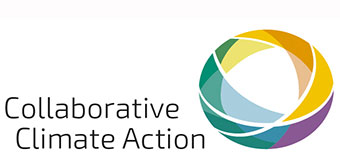Insight Brief: Engaging Subnational Governments in Climate Action
NDC Partnership
The Paris Agreement has set the scene for the inclusion of subnational governments in national climate action. Although increasingly recognised as actors in their own right, subnational actors have not yet been involved in a meaningful way in the development and enhancement of NDCs. To this end, national governments are requesting support for engaging with subnational actors. In a recent insight brief the NDC Partnership showcases various formats of including subnational actors in climate action and provides examples of support by the NDC Partnership ranging from subnational workshops in Indonesia to institutional capacity building in Nepal.
The Partnership supports governments in three main ways:
- Hosting multi-stakeholder consultations assists national governments in obtaining local information for policy design, while subnational governments and non-state actors gain influence and ownership of NDC enhancement and implementation.
- In a following step, setting up local climate plans illustrates the diversity of local adaptation and mitigation needs, which strongly depend on the local context. National governments can use local emissions data to augment national GHG inventories and grant ambitious subnational governments the possibility to demonstrate innovation and inspire national policy.
- Finally, the availability of financial resources for climate action on the local level is often constrained. National governments can support the subnational level by setting up financial packages or policies, which can in turn help to deliver bankable projects for submission to (international) financiers.
Overall, engaging subnational actors in climate action has many advantages. It facilitates the alignment of local and national policies, and ambitious subnational actors can inform national policy while taking the needs of local development priorities into account.
Read more about the NDC Partnership Insight Brief on the website of the NDC Partnership, and the Brief itself below.


